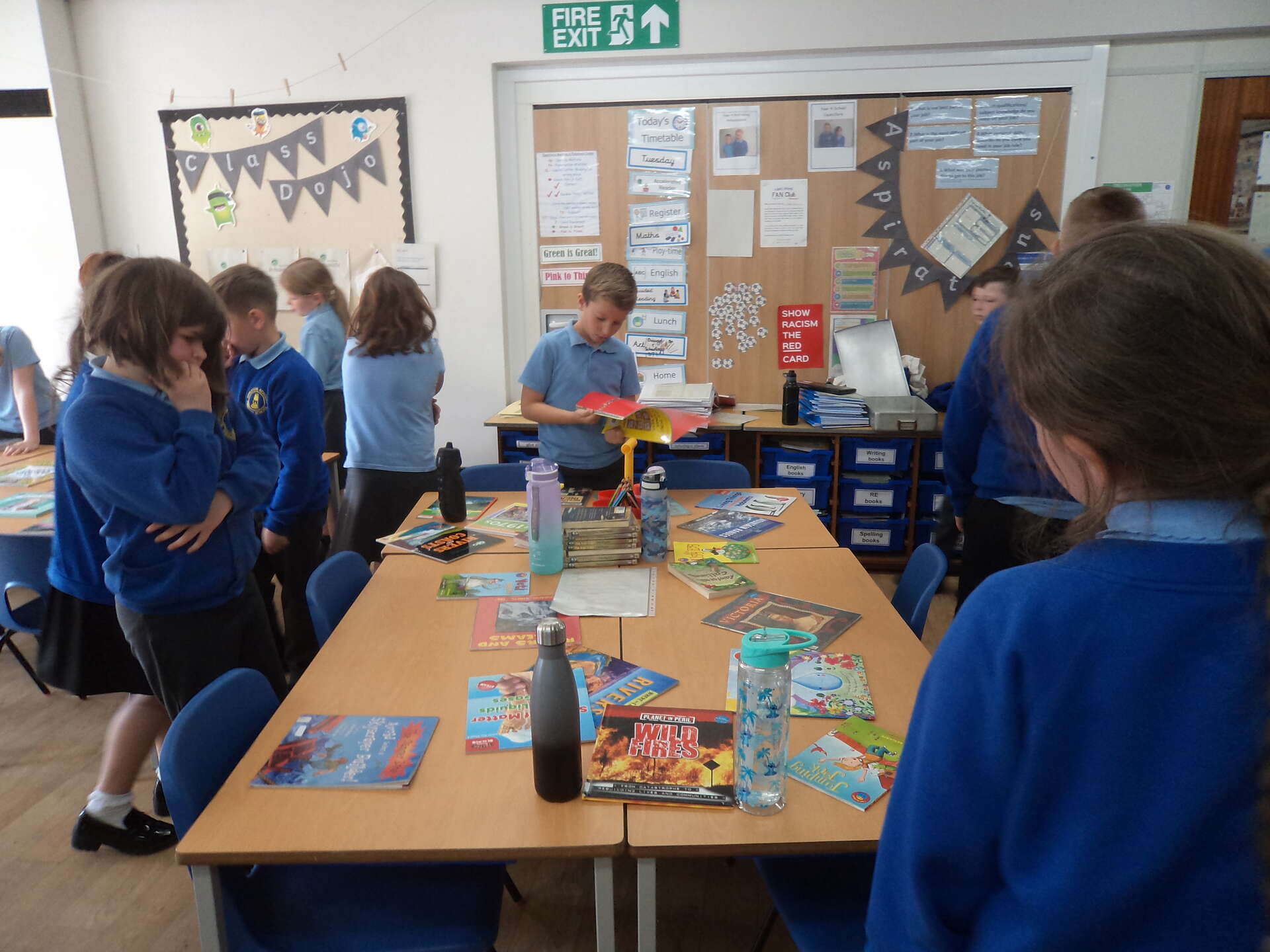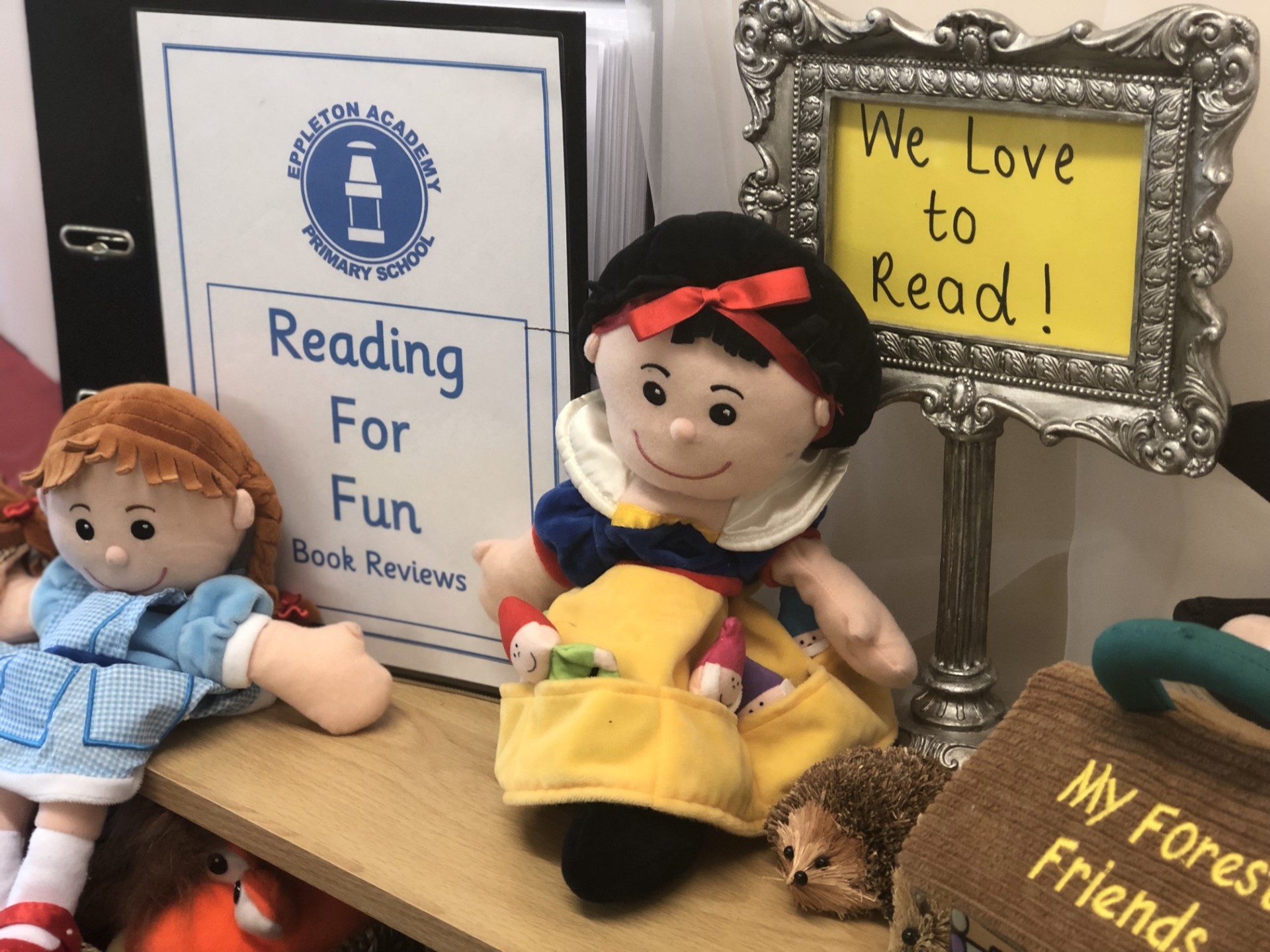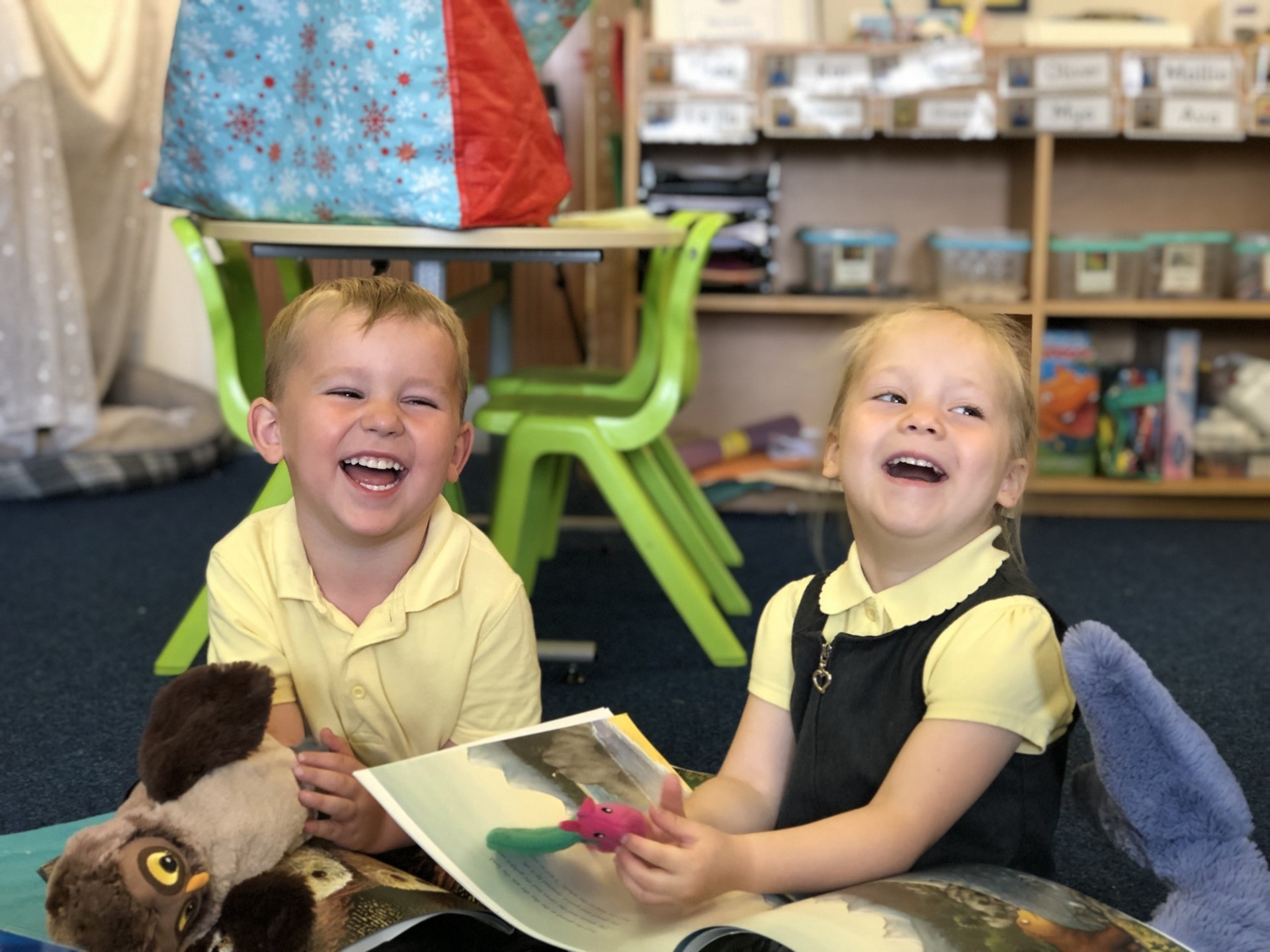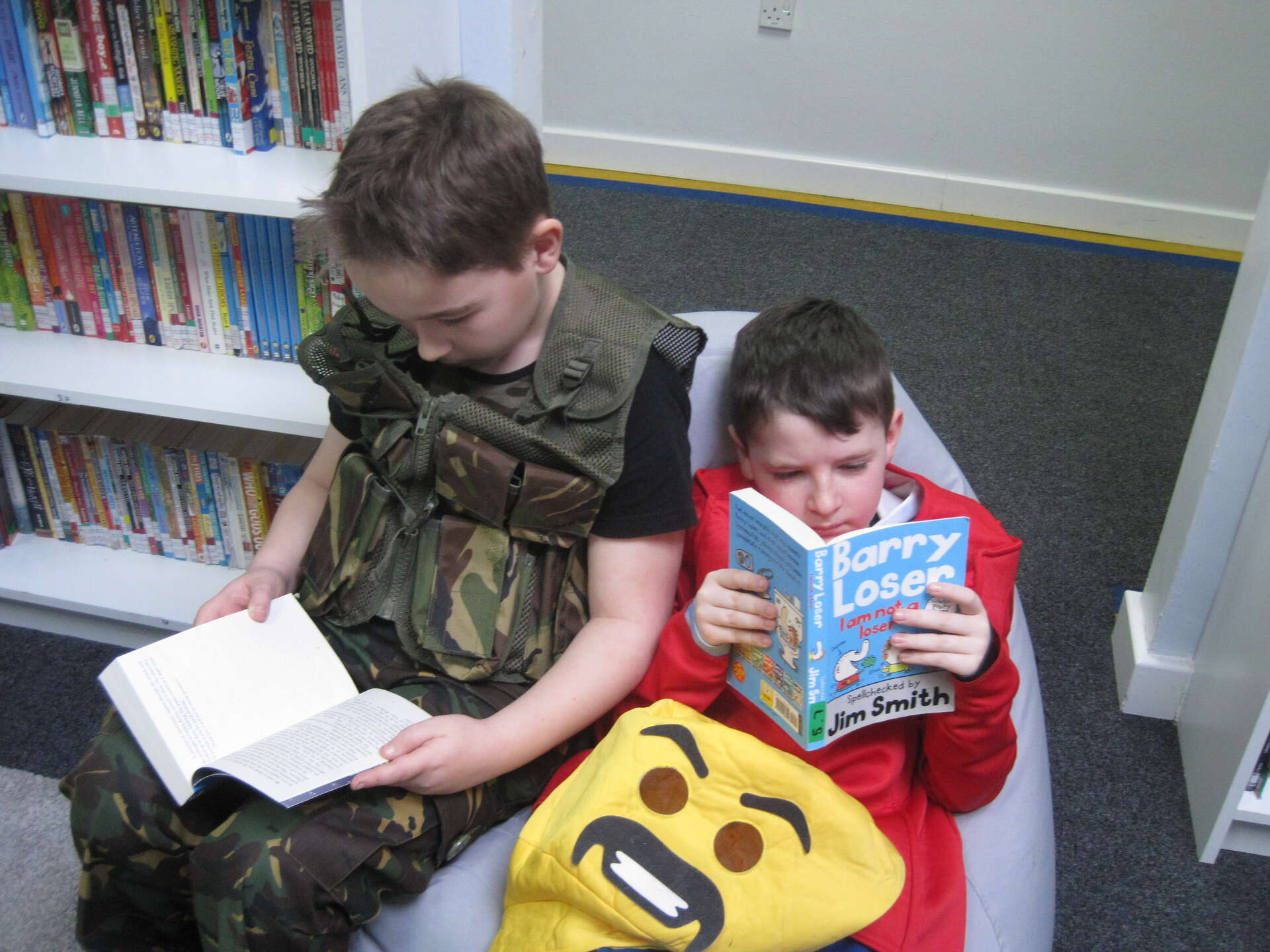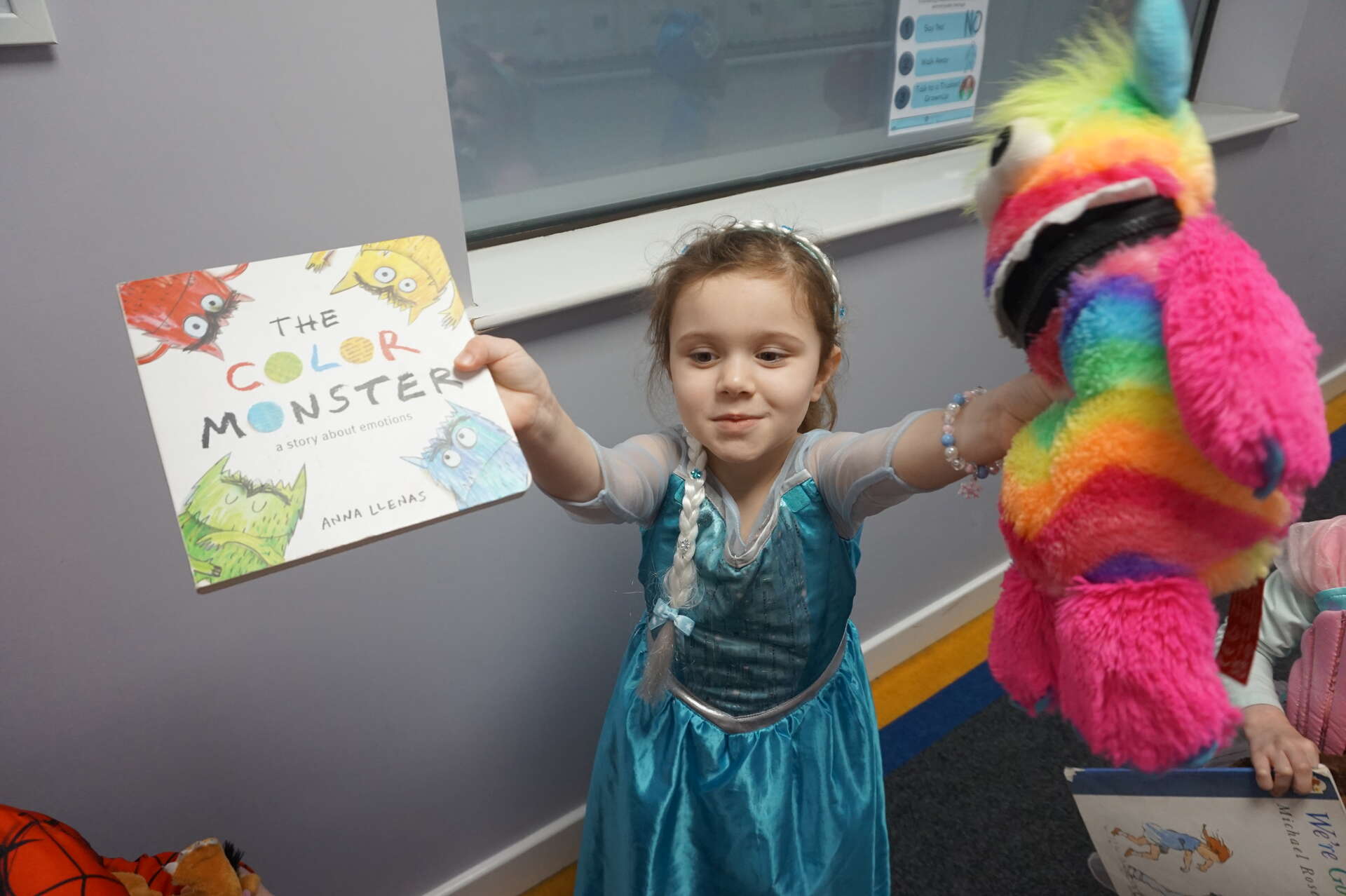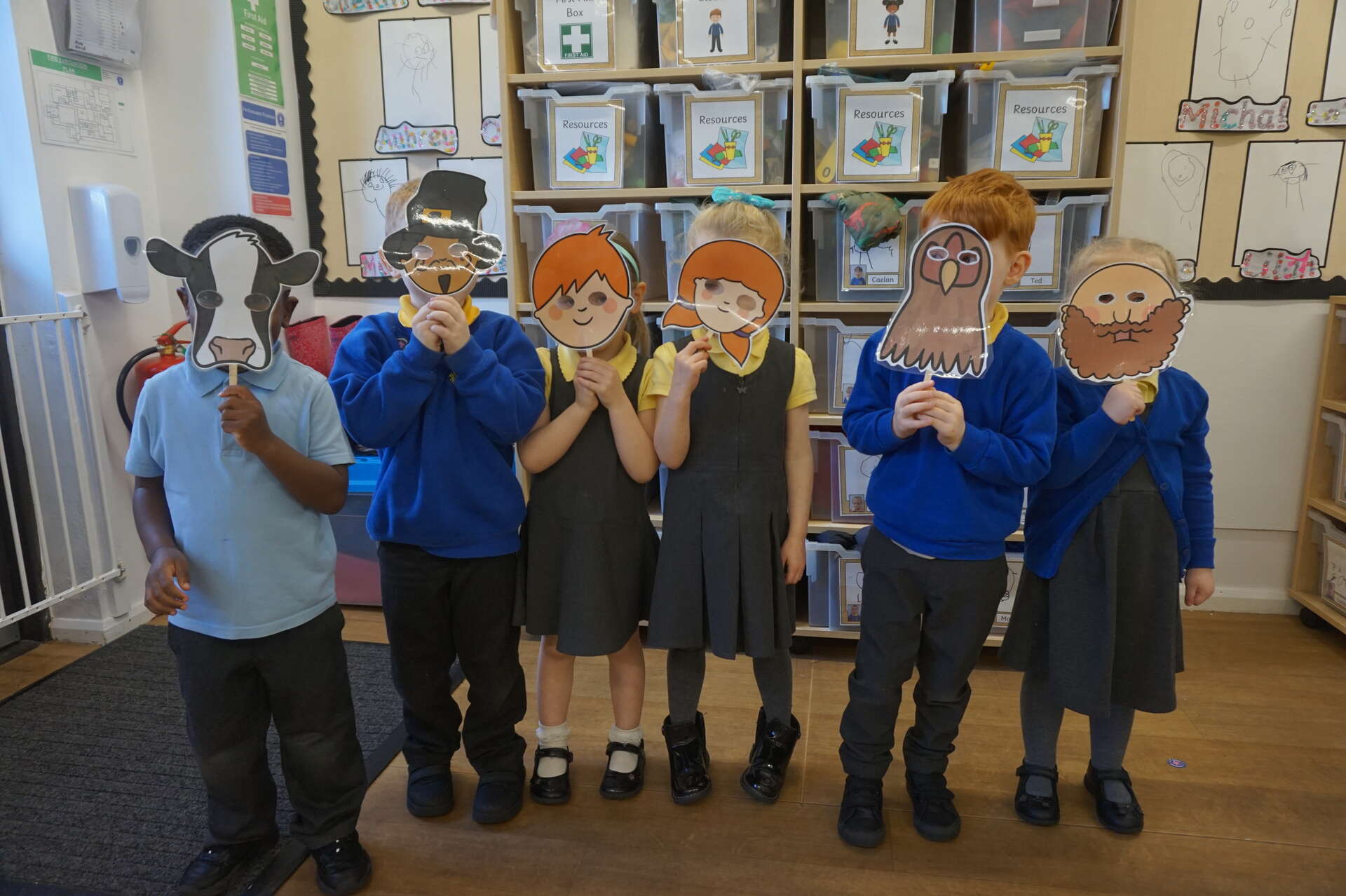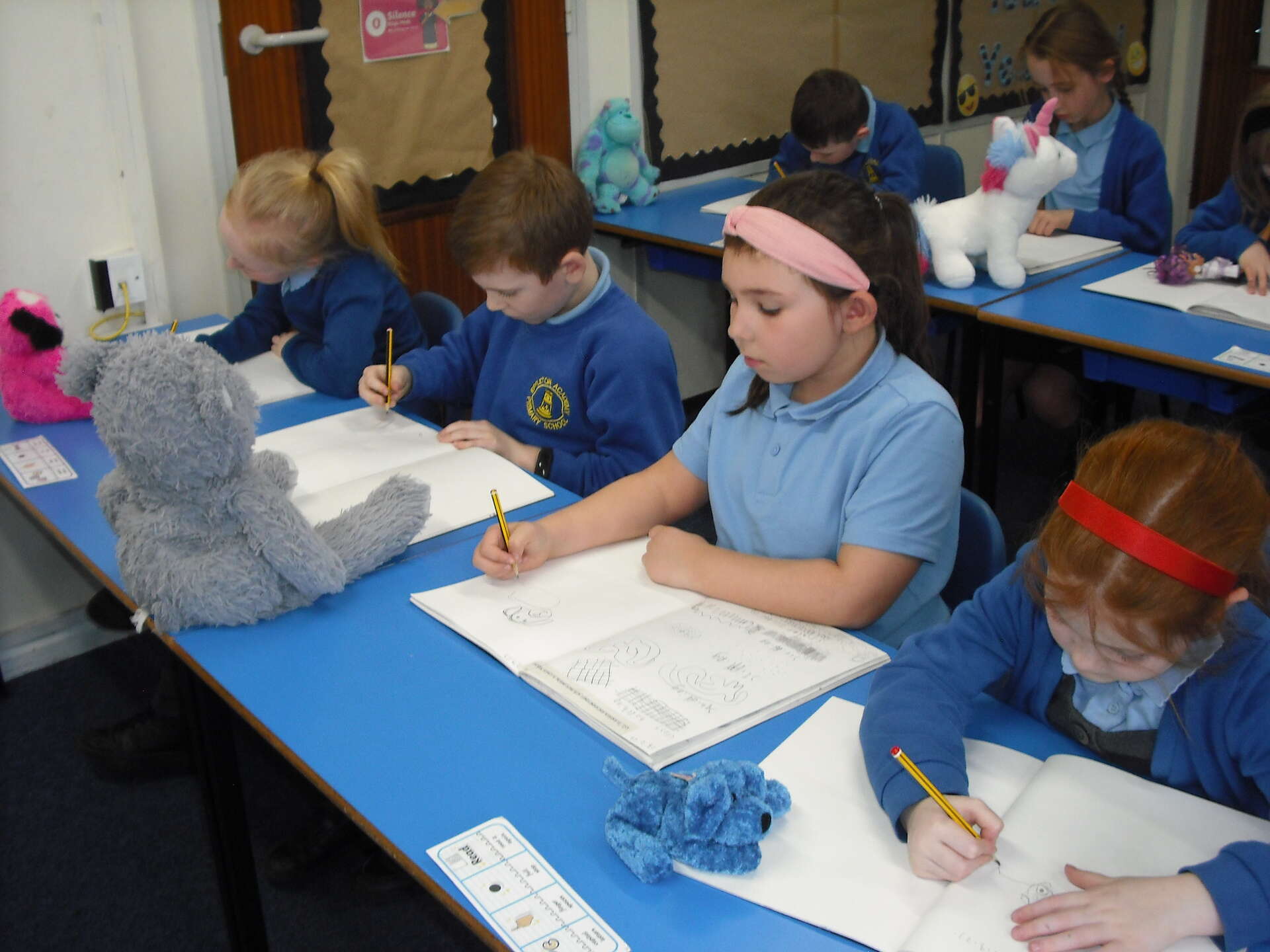It is our intention that our sequenced English curriculum will promote learning for life, by ensuring that children acquire the necessary literary knowledge, skills and understanding which will equip them with the fundamental tools to achieve in the academy and beyond.
At Eppleton Academy, we value reading as a key life skill and are dedicated to enabling our pupils to become lifelong readers. We believe reading is key for academic success and also a door to further learning and enjoyment.
It is our intention to immerse pupils in the wonders of quality texts to instil a love for reading, a passion for discovery and a confidence to explore their imagination.
Our intention is that by the time they leave Eppleton Academy, EVERY child becomes a reader in order to open doors for all, regardless of background and culture.
Some of the practical implementation of our curriculum intent can be seen in the following documents which show our procedures, systems, planning and progression maps.
We follow the National Curriculum and teach the objectives from our Reading and Writing Progression maps through a novel approach based on an English Cycle which has been designed around the needs of our children.
Phonics is taught through the progressive synthetic phonics scheme Read Write Inc. To learn more about Read Write Inc. please visit our Early Reading page on our website- follow this link: https://eppletonacademyprimary.co.uk/early-reading

Reception to Year 2 Phonics/ Spelling
In Early Years, children will learn to spell through Read Write Inc. phonics teaching, in small groups, daily. From Year 1, children will be taught spelling practise using a weekly set of words that have a common phoneme sound in them - one which they will have been exposed to already through phonic teaching.
KS1 High Frequency Words
High frequency words are one of the main types of sight words and are those words which occur most frequently in written material, for example, "and", "the", "as" and "it". They are often words that have little meaning on their own, but they do contribute significantly to the meaning of a sentence as a whole. Some of the high frequency words can be sounded out using basic phonic rules, for example, "it" is an easy word to read using phonics. However, many of the high frequency words are not phonically regular and are therefore hard to read in the early stages.
Some high frequency words are called tricky words, or sight words. In addition to being difficult to sound out, most of these high frequency words have a rather abstract meaning which is hard to explain to children. It's easy to learn words like "cat" and "house" because they can easily be related to a real object or a picture, but representing the words "the" or "of" is tricky because there's no point of reference.
Below are the 100 High Frequency Word Lists & 200 High Frequency Word Lists.
Year 2 to Year 6
At Eppleton Academy Primary School, we follow the Spelling Shed Scheme. The focus of the programme is on the teaching of spelling, which embraces knowledge of spelling conventions – patterns and rules; but integral to the teaching is the opportunity to promote the learning of spellings, including statutory words, common exceptions and subject specific spellings.
Spelling is taught in short bursts throughout the week. On a Friday, classes have a spelling test, and a new spelling list is issued. The new spelling lists are written into their spelling logs, and these go home for children to complete/learn as homework over the week (completing attempts within their logs). Spelling logs are checked weekly, by teachers and ClassDojo points are given for completion of these.
Below are the Statutory Word Lists for Year 3 &4 and Year 5 & 6. Also please find the Year 2 Common Exception Word Lists too.
The word-lists for Years 3 & 4 and Years 5 & 6 are statutory. The lists are a mixture of words pupils frequently use in their writing and those which they often misspell. Some of the listed words may be thought of as quite challenging, but the 100 words in each list can easily be taught within the four years of key stage 2 alongside other words that teachers consider appropriate.
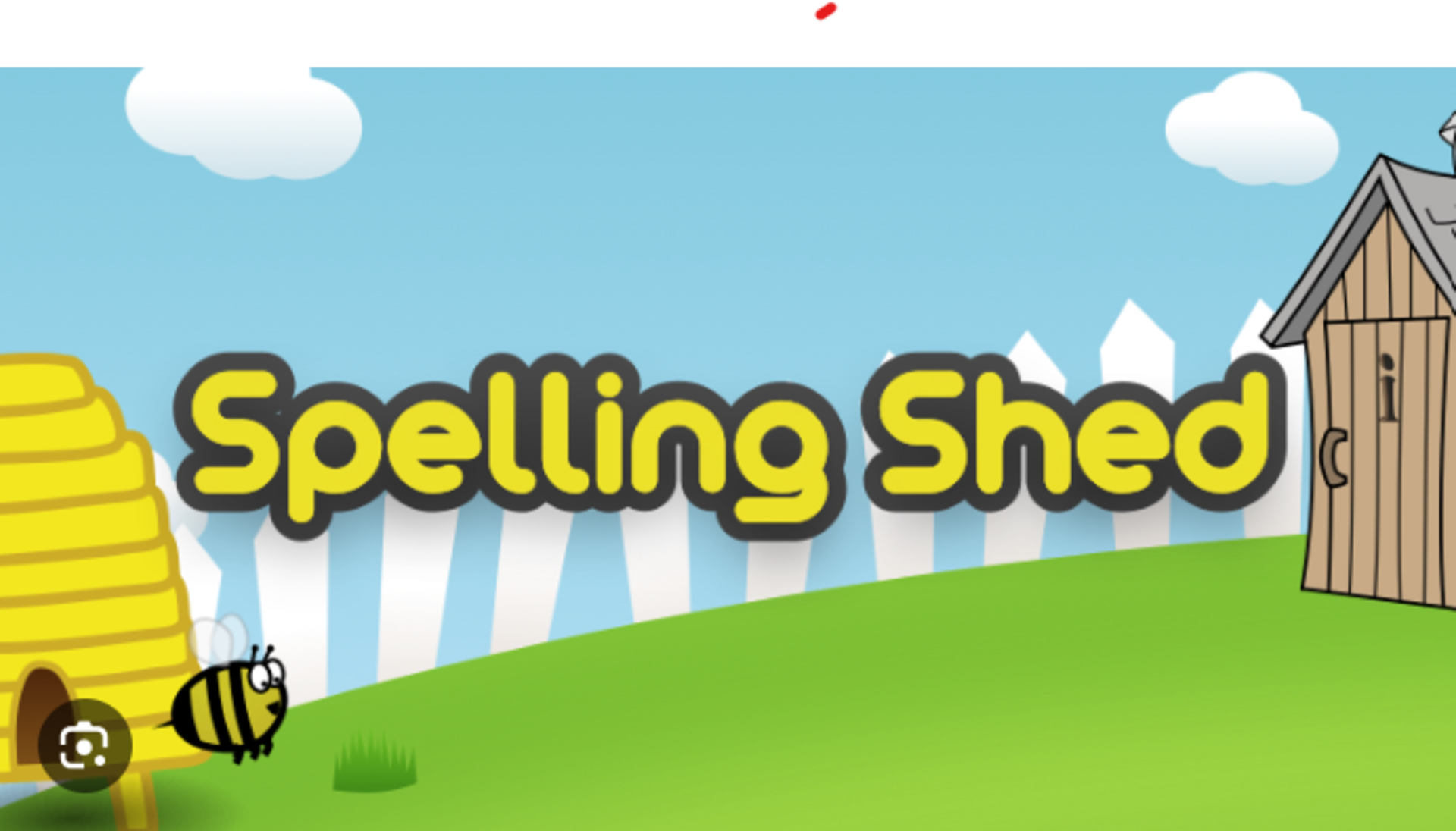
Teacher/ Literacy & Reading Lead/ Music Lead
I always wanted to be a teacher and love teaching in Upper Key Stage 2. I love to spend time with family and friends, especially with my two little boys, Charlie and Theo.
